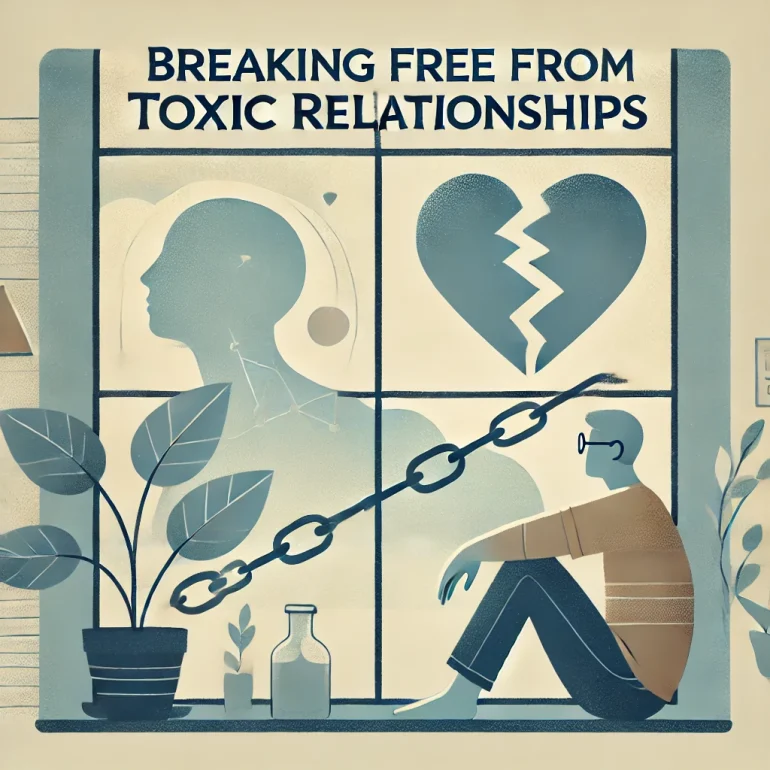The Cycle of Toxic Relationships: How People End Up Trapped
Why do some people remain in relationships that harm them? A relationship therapist sheds light on the reasons behind this behaviour.
“In close relationships, we sometimes tolerate behaviour that is almost unforgivable when viewed objectively,” explains psychologist Yvonne Beuckens. Social media platforms like TikTok are filled with stories of young people sharing experiences of unhealthy relationships. The trending phrase “And I still stayed” follows anecdotes of manipulative, controlling, and harmful behaviour from former partners.
One TikTok user shared that her partner tried to leave her stranded at a motorway rest stop after an argument, yet she remained in the relationship. Another recounted that her ex charged her a “rental fee” for showering, billing her hundreds for staying over. Many of these stories revolve around emotional manipulation, deceit, and controlling behaviour.
The “Boiling Frog” Syndrome
Psychologist Yvonne Beuckens refers to the “boiling frog syndrome” to explain how people end up in toxic relationships. In these situations, the relationship deteriorates so gradually that the individual doesn’t realise the extent of the harm until it’s too late. “It often begins with subtle devaluations and minor insecurities,” she explains. “What we see in these stories are likely the peaks of a cycle of harm that started far more subtly.”
Interestingly, studies suggest that even highly educated and socially competent individuals may be more vulnerable to remaining in such relationships. “These individuals often have a greater capacity for understanding and empathy, which may lead them to endure unhealthy dynamics for longer,” Beuckens explains.
Breaking Free from Toxic Relationships
Many of the TikTok stories highlight women sharing their struggles, with few men participating in the trend. Beuckens suggests that societal stigma and shame might deter men from speaking out, even though they can also experience abusive relationships.
There are ways for individuals to break free from harmful dynamics. Beuckens advises focusing on personal emotional security and independence. “If someone feels emotionally insecure, they may become overly reliant on their partner’s validation and approval,” she explains. Building confidence through other areas of life outside the relationship can help individuals regain a sense of control and autonomy.
Beuckens also recommends shifting the narrative to avoid self-blame. “Instead of focusing on ‘And I still stayed,’ it’s healthier to say ‘Lesson learned,'” she suggests. Reflective questions such as “What have I learned from this? What do I now prioritise for myself?” can aid individuals in moving forward without judgment.
Conclusion
Understanding why individuals remain in toxic relationships is essential for breaking the cycle of harm. By fostering emotional independence and reframing personal narratives, those affected can take steps toward healthier relationships and self-growth. Open dialogue and self-compassion are key to healing and empowerment.




